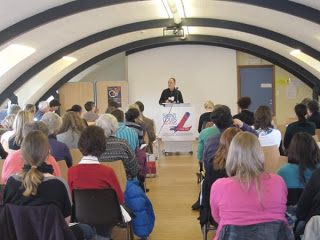Charlotte Brontë’s stay in Brussels in the 1840s inspired two of her own novels and also two recent novels published on the subject. Jolien Janzing published De Meester in 2013. Si j'avais des ailes, by Nathalie Stalmans, was published in 2019.
The difference between the two writers is instructive. Stalmans is an historian and has an academic past. Janzing, for her part, is a journalist and rather fascinated by current events, which she weaves into her work.
The two have different views on Charlotte and on Brussels itself.









